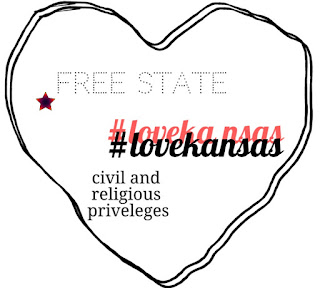Pakistan's Mob Democracy
 Mob democracy is a violent form of direct democracy, periodically activated in Pakistan to confuse, frighten, and undermine representative governments established under the Pakistan Constitution.
Mob democracy is a violent form of direct democracy, periodically activated in Pakistan to confuse, frighten, and undermine representative governments established under the Pakistan Constitution.
These days, a mob led by a charismatic politician and a cult figure is marching toward the nation’s capital, Islamabad, to demand that the Prime Minister resign and the national parliament be dissolved. The Pakistan high courts, including the Supreme Court, have ruled that such demands, no matter how popular, are unconstitutional and may even amount to treason.
As a system, direct democracy is not the same as representative democracy. Under direct democracy, the decisions are made by the people without a parliament or any other intervening institution. Historically, direct democracy has been a viable political method for decision-making in small cities and towns. In modern nations, referendums and initiatives are the procedures of direct democracy used to settle political questions and make constitutional changes with popular support.
Most nations of the world have rejected direct democracy in favor of representative democracy –a form of indirect democracy under which the people elect a parliament (unicameral or bicameral) and authorize the parliament to make laws, set national policies, form governments, and amend the constitution. Pakistan is a layered representative democracy under which each of the four provinces as well as the federation elects a separate parliament by means of popular vote.
By contrast, mob democracy is popular agitation that thrives on turmoil. It arouses the people to paralyze the government through protests, sit-ins, and the so-called long marches. The leaders heading the mob democracy may use passionate rhetoric, pose open or veiled threats to execute the rulers, and may instigate the mob to disobey the parliament, the courts, the police, and other enforcement agencies critical for the maintenance of law and order.
In defending their course of action, the proponents of mob democracy may invoke several modern human rights, including the right to free speech, the right to association, the right to petition, and the right to justice, to argue that the mob pressure is necessary to unseat the members of an “illegitimate” parliament or the “corrupt” heads of government and state. The proponents may also invoke the right to food, shelter, and other social and economic rights to demand that the system be changed and a new constitution be established.
In Pakistan, where the masses are poor and the basic amenities of life are unavailable, mob mutineers know that they can easily excite the masses by painting the rulers as greedy accumulators of wealth for personal gain. The allegations of rigging the elections are also popular excuses to challenge the government.
In hot summer months made worse due to shortage of electricity, the passions can run high and a credible case can be made that the government is incompetent and doing little to remedy the problems the people face.
Mob democracy is popular in Pakistan because the politicians of all parties are steeply engrossed in inter-personal power politics. They see gaining power as a game and not a responsibility to solve problems.
Like the contentious princes of the Moghul Empire, Pakistani politicians spend most of their time and resources in hatching conspiracies to keep or snatch away the throne. Few of them believe that great service to the nation can be rendered by sitting in the opposition and doing the nitty-gritty legislative work.
Gaining executive power is the most valued dream of most Pakistani politicians. Even the provincial executive power does not satisfy their love of personal glory and ambition.
The people of Pakistan need to understand that mob democracy is the worst form of government, worse than the military rule. Mob democracy disrupts normal life, undermines the rule of law, discourages foreign investments, and devalues the national currency. In the fold of mob democracy, the people who suffer the most are ordinary workers and families with limited resources.
The Pakistani media have a special obligation to teach the nation that mob democracy undermines representative democracy, which is neither perfect nor efficient. In every country, representative democracy favors persons with money and networks. It benefits influential families. Yet in an imperfect world, representative democracy delivers more social and economic freedom than any other form of government.
In the final analysis, Pakistan must conclude that the constitutional continuity of democracy is better than rosy revolutions.

